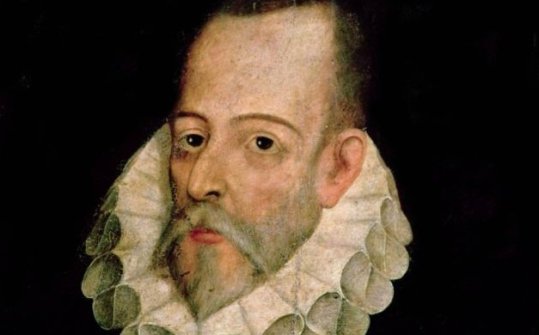The exhibition features a great many works, documents and objects that contextualise the work of both men in history. The documents show that Zuloaga and Falla were friends from 1913, the date the composer asked the painter for aid and advice in staging La vida breve (known in English as Life is Short/Brief Life). After this initial contact, both creators kept up correspondence and met in Paris, Madrid and Granada, among other places. Their friendship led them to work together on a major project in which they shared the musical and stage direction. This project took shape over a fifteen-year period and finally materialised in 1928, when El retablo de maese Pedro (translated as Master Peter’s Puppet Show) premiered at the Opéra Comique in Paris.
The exhibition traces their friendship, examining the milestone events in their shared history (1913–32). Through the documentation produced by both men during those years and arranged chronologically into chapters – letters, photographs, newspaper articles, the paintings of Zuloaga and the music of Falla – the show creates a constant tension that ends with the stage design for El retablo.
El retablo marks the culmination of their joint professional work, which progressively grew with their direct collaboration in varying degrees in each other’s personal projects. It came at the peak of both creators’ artistic careers and links the exhibition to the celebration of the Centenary of the Death of Cervantes in 2016.



